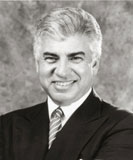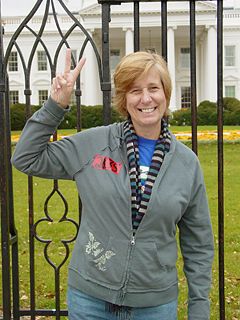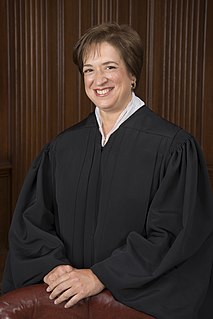A Quote by Richard Ben-Veniste
At bottom, the decision to pardon Nixon was a political judgment properly within the bounds of Ford's constitutional authority. The specter of a former president in the criminal dock as our country moved into its bicentennial year was profoundly disturbing.
Related Quotes
Now, therefore, I, Gerald R. Ford, President of the United States, pursuant to the pardon power conferred upon me by Article II, Section 2, of the Constitution, have granted and by these presents do grant a full, free, and absolute pardon unto Richard Nixon for all offenses against the United States which he, Richard Nixon, has committed or may have committed or taken part in during the period from January 20, 1969 through August 9, 1974.
Under Article II, all executive power is vested in one president of the United States. The regulatory state is Congress's efforts to undermine the president's authority. And my hope is we will see a president use that constitutional authority to rein in the uncontrollable, unelected bureaucrats and to rescind regulations.
The president does not have power under the Constitution to unilaterally authorize a military attack in a situation that does not involve stopping an actual or imminent threat to the nation. As commander in chief, the president does have a duty to protect and defend the United States. In instances of self-defense, the president would be within his constitutional authority to act before advising Congress or seeking its consent.
President [Ronald] Reagan never has tried to become an expert on military matters. He never has endeavored to learn the most important details in that field, which lead to a situation in which his aides played a much greater roles than aides would have played under President Ford or let us say in the whole Nixon-Ford-Kissinger era.
In existing criminology there are concepts: a criminal man, a criminal profession, a criminal society, a criminal sect, and a criminal tribe, but there is no concept of a criminal state, or a criminal government, or criminal legislation. Consequently what is often regarded as "political" activity is in fact a criminal activity.


































